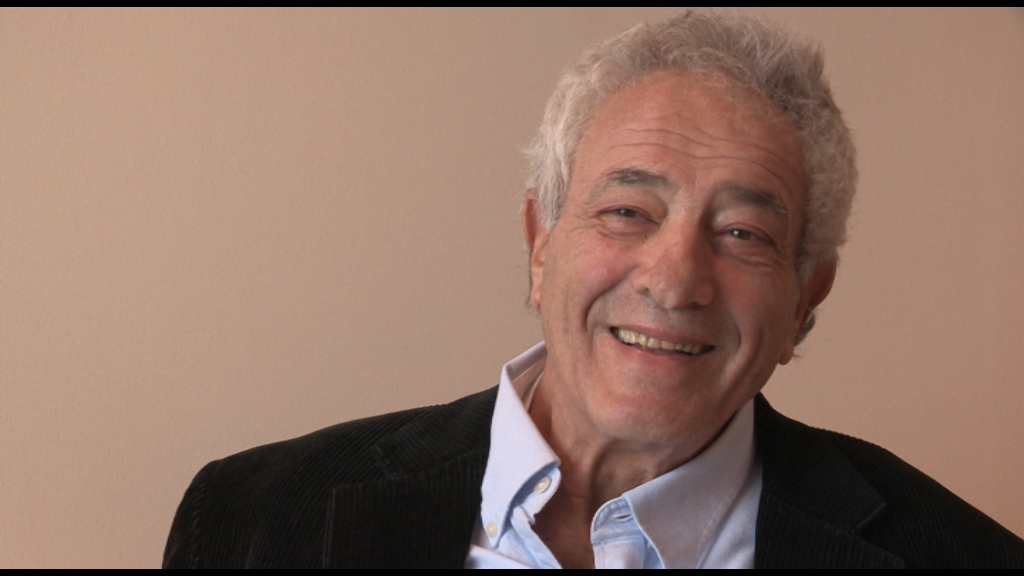NEXT STORY

Schooldays
RELATED STORIES

NEXT STORY

Schooldays
RELATED STORIES


|
Views | Duration | |
|---|---|---|---|
| 1. Settling in America | 139 | 04:18 | |
| 2. I just want to publish books | 86 | 03:20 | |
| 3. A happy and adventurous early life | 63 | 08:44 | |
| 4. A lucky guy in every respect | 52 | 02:31 | |
| 5. Schooldays | 55 | 02:12 | |
| 6. Books I read as a child | 71 | 03:18 | |
| 7. Rationale for the reissuing of old titles | 47 | 04:33 | |
| 8. The vulgarity of the Holocaust | 92 | 07:55 | |
| 9. Why we need to speak about genocide | 41 | 01:31 | |
| 10. Unintended consequences of censorship | 41 | 02:56 |

I loved studying, I loved school, I couldn't get enough of it. I particularly loved reading. We had a home that was a book home. My mother was not a great reader, she read popular fiction, but my father read seriously and my grandparents read seriously. Because we didn't have very much money, we came to America without means, I was taken early on to the public library in Richmond Hill in Queens, very close to Kew Gardens where we lived. I remember that we were allowed to take out on our library card five books a week, and by God I took out five books a week; outside of whatever one I had to read for school, I read five books a week. I was a great reader.
But my mother, who was not, as I say, a great reader, and she was a great athlete – she had been a runner and jumper in Germany before the war – and she was a great encourager of sports, and I was a skier and tennis player and baseball player and all of that, and my mother was always saying, why do you study so much? The answer was I loved it. I never thought of it particularly as work. Why don't you go out and play more baseball? So I had… I had both. I was a lucky guy. I was a very lucky guy in every respect.
[Q] I have a feeling you were an only child, is that right?
And I was an only child, too, so I wasn't spoilt materially, there was nothing… there was no material to share particularly, but my parents, or my father, did quite well after the war. He was a glove manufacturer, but they had lost everything in Europe. So I wasn't spoilt materially, but I got a lot of attention. I got a lot of attention. That's more valuable than being spoilt materially.
Peter Mayer (1936-2018) was an American independent publisher who was president of The Overlook Press/Peter Mayer Publishers, Inc, a New York-based publishing company he founded with his father in 1971. At the time of Overlook's founding, Mayer was head of Avon Books, a large New York-based paperback publisher. There, he successfully launched the trade paperback as a viable alternative to mass market and hardcover formats. From 1978 to 1996 he was CEO of Penguin Books, where he introduced a flexible style in editorial, marketing, and production. More recently, Mayer had financially revived both Ardis, a publisher of Russian literature in English, and Duckworth, an independent publishing house in the UK.
Title: A lucky guy in every respect
Listeners: Christopher Sykes
Christopher Sykes is an independent documentary producer who has made a number of films about science and scientists for BBC TV, Channel Four, and PBS.
Tags: school, reading, books, sport, only child
Duration: 2 minutes, 31 seconds
Date story recorded: September 2014-January 2015
Date story went live: 12 November 2015